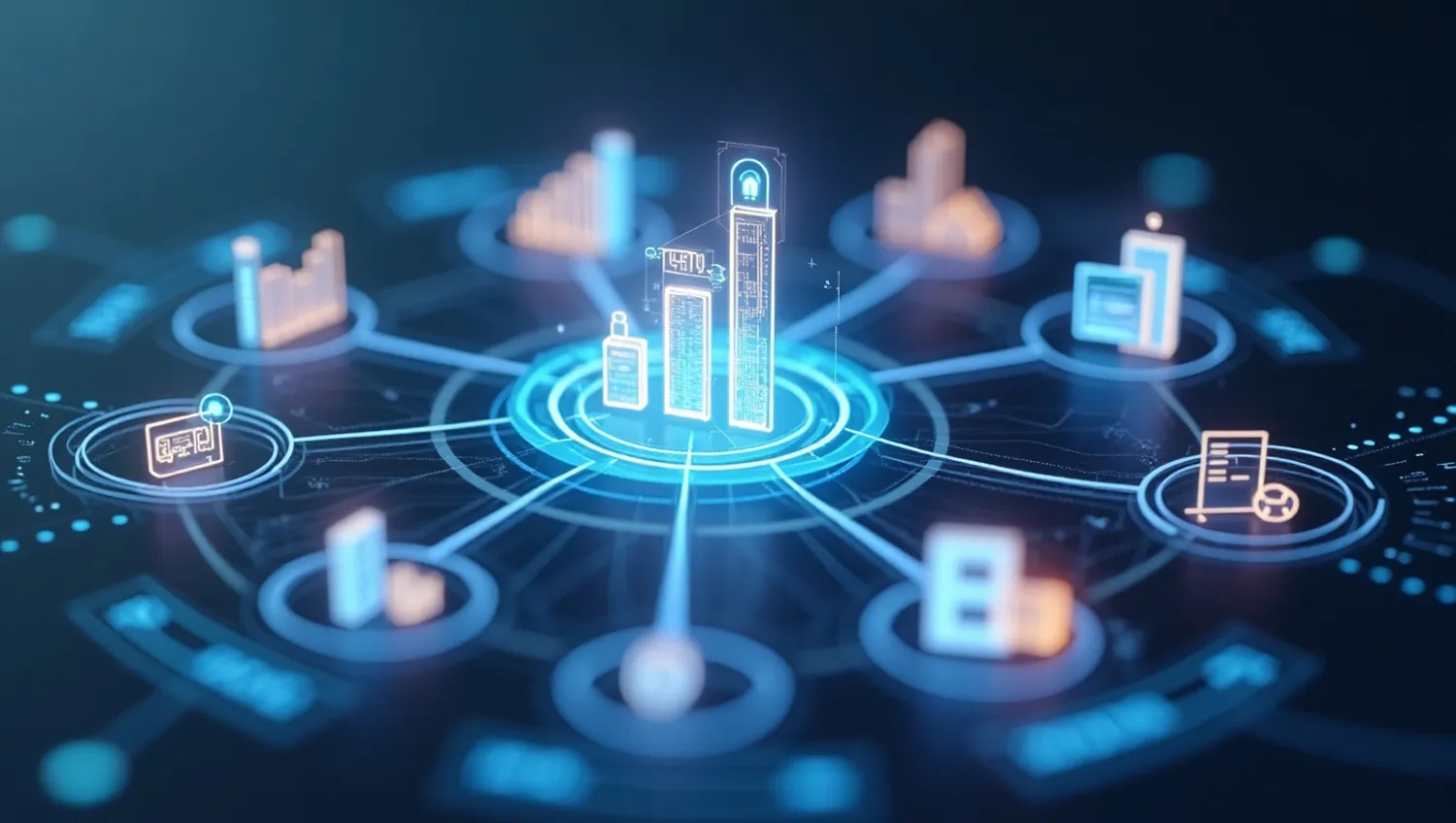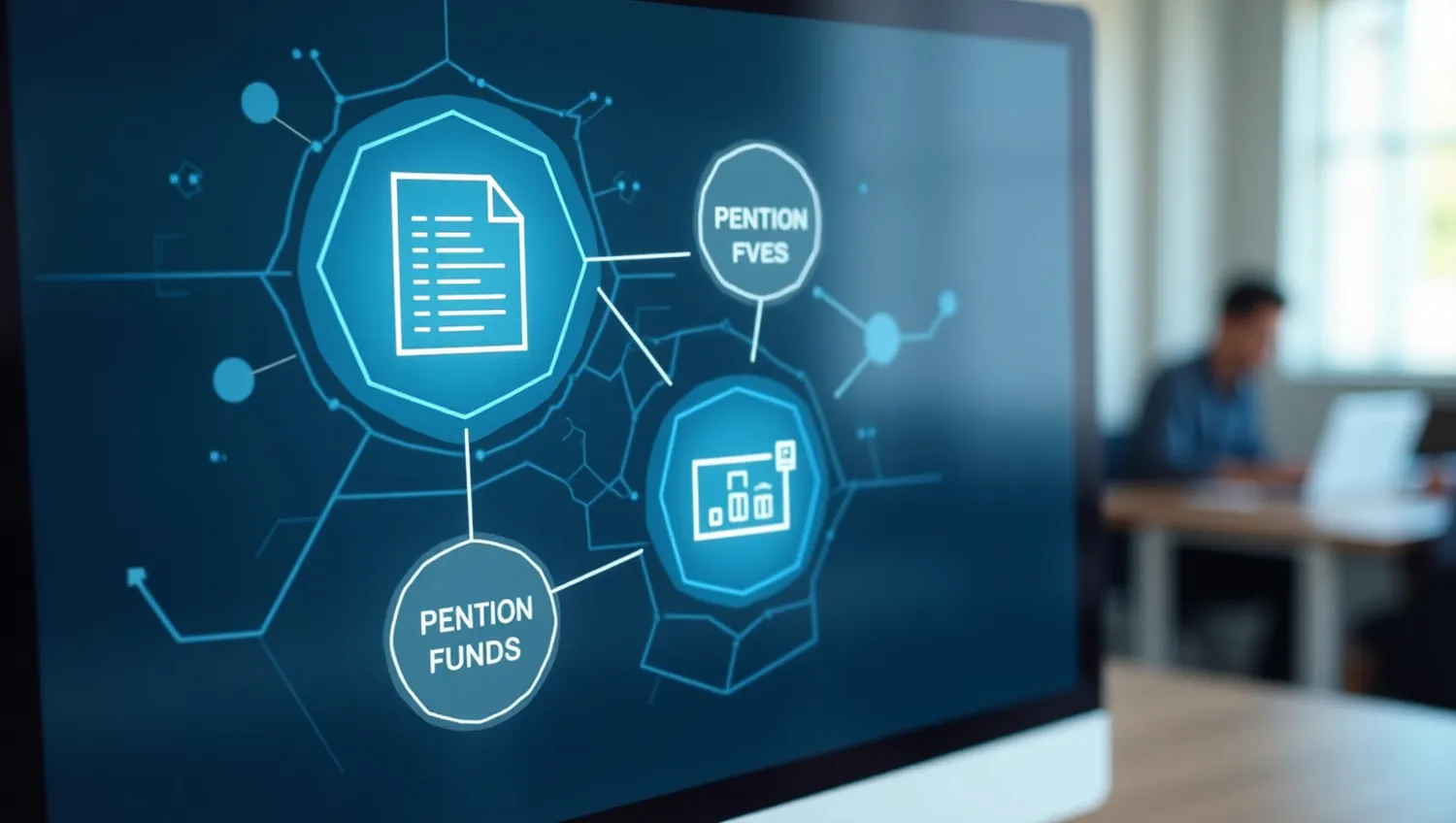In Russia’s Nizhny Novgorod Region, Gosuslugi Portal Will Help Residents Build Retirement Savings
Residents of the Nizhny Novgorod Region can now start saving for retirement directly through the Gosuslugi portal. The initiative is part of Russia’s effort to expand digital public services into the financial domain and build public trust in long-term savings programs.

Savings Through Gosuslugi
Starting October 1, residents of the Nizhny Novgorod Region can join the Long-Term Savings Program (LSP) via the Gosuslugi platform, using the chatbot “Max” and signing agreements through the “GosKey” service. Initially, users can sign contracts with three private pension funds (NPFs), with more funds expected to join later. Participants can withdraw their funds after 15 years of participation or upon reaching retirement age (55 for women, 60 for men).
Launched in 2024, the program is part of the national project Digital Platforms in the Social Sphere and the broader Data Economy and State Digital Transformation initiative. By integrating financial services into Gosuslugi—a platform long used for administrative tasks—citizens now gain easier access to savings instruments via familiar digital tools. The move also transforms Gosuslugi into a hybrid administrative-financial ecosystem, enhancing citizen engagement and trust in e-government while stimulating long-term household savings.
This case of digital transformation in public finance could draw attention internationally as a model of how government portals can evolve into comprehensive financial platforms.

Nationwide Rollout and Key Risks
Initially, the technology will develop domestically, with gradual expansion from the Nizhny Novgorod Region to other parts of Russia. The number of NPF operators is expected to grow, creating competition and improving service quality. The integration of other financial and social services—such as taxation, benefits, and subsidies—is also on the horizon. These developments could enable deeper data analytics, helping tailor services and forecasts for each user.
While export potential exists—particularly to CIS countries and others interested in state-managed digital finance systems—legislative and regulatory challenges remain. Global competition from major platforms such as SAP, Oracle, and other fintech systems may also affect international adoption.

Experts note several areas that require further work: ensuring IT infrastructure stability during peak loads, protecting personal data, and maintaining resilience against fraud. Regulatory compliance for private pension funds and regional disparities in digital literacy could also influence public trust and adoption.
Evolving the LSP
The Gosuslugi portal continues to expand its functionality—from administrative requests to payments, appointments, and financial interactions. Over the past few years, Russia has introduced social payments, subsidies, and benefits via digital channels, backed by advanced electronic signature systems for both government and banking operations.
Financial savings initiatives have also evolved, including the development of an individual pension coefficient and related accumulative elements. The Long-Term Savings Program launched in spring 2024, and by 2025, more than 4 million people had joined, contributing roughly 300 billion rubles (about $3.6 billion). Gosuslugi now features a dedicated section explaining program terms and participation details.

Integration and Export Potential
The collaboration between Gosuslugi and the LSP represents not just another expansion of digital services, but a transformation of the platform into a fully functional financial hub. The program’s success depends on transparent governance, technical security, and the degree of citizen trust.
In the next one to two years, the LSP will likely expand to other regions, while new NPFs and standardized interfaces are integrated. Further integration with tax and social systems could follow, potentially leading to new forms of savings and investment management through the platform. In the long term, Gosuslugi could evolve into the financial core of Russia’s digital state—empowering citizens to manage their social rights, savings, and investments in one secure digital space.
For export markets, certain components could be adapted for CIS nations and countries with emerging digital ecosystems, though compatibility and data trust will be key challenges.










































